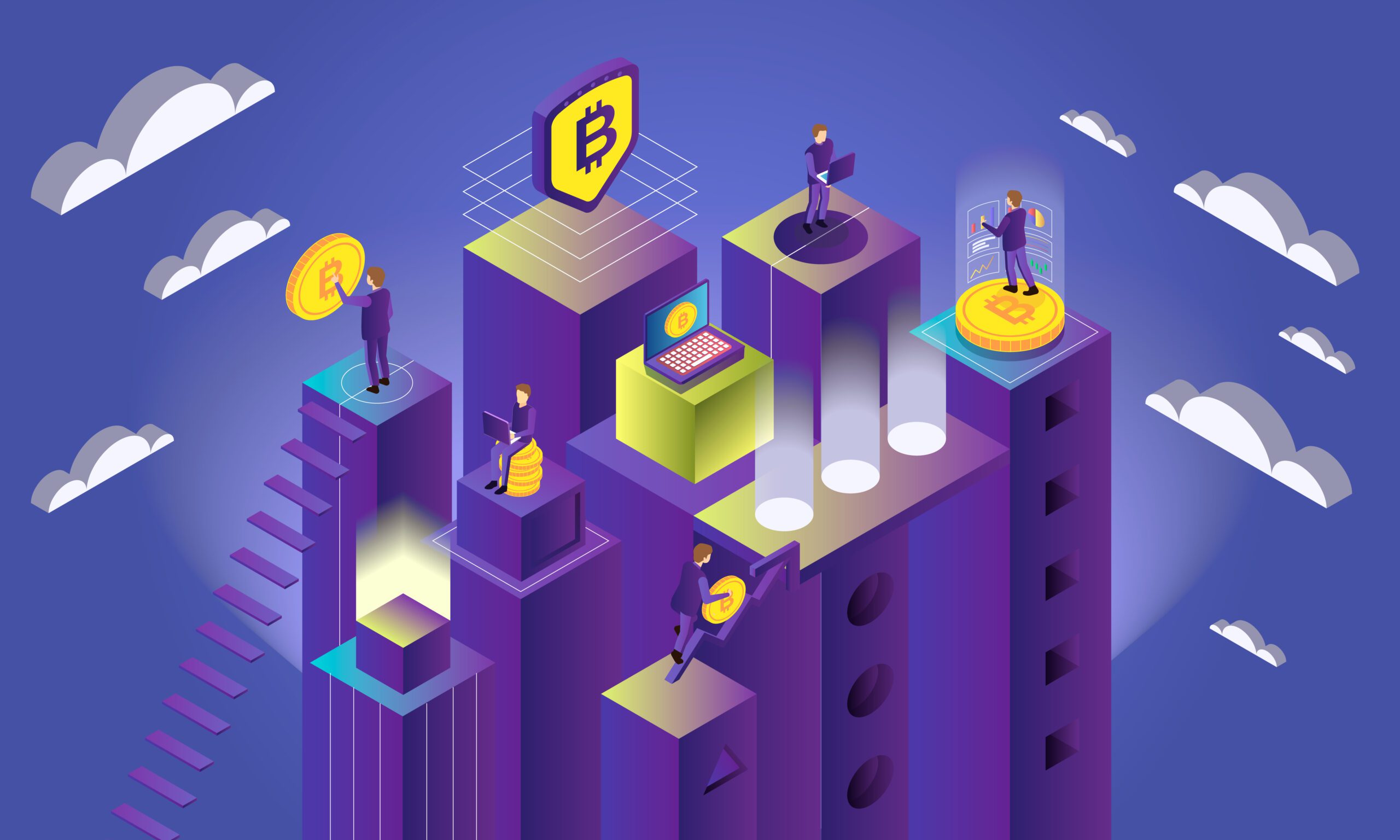Blockchain technology, with its decentralized and transparent nature, has garnered immense attention and acclaim for its potential to revolutionize industries and economies. However, like any groundbreaking innovation, blockchain is not without its drawbacks and limitations. In this article, we will explore the disadvantages of blockchain and the challenges it faces as it strives to transform various sectors.

-
Scalability Challenges: One of the most significant disadvantages of blockchain is its scalability issue. As the number of transactions on a blockchain network grows, so does the complexity of the network. This results in slower transaction processing times and higher fees. For blockchain to achieve mass adoption and compete with traditional payment systems, it must address its scalability challenges.
-
Energy Consumption: Many blockchain networks, particularly those that rely on energy-intensive consensus mechanisms like Proof of Work (PoW), have come under scrutiny for their high energy consumption. The process of mining, where nodes compete to solve complex mathematical puzzles to add new blocks to the blockchain, requires vast amounts of computational power. This energy consumption raises concerns about the environmental impact of blockchain technology.
-
Cost and Complexity: Implementing and maintaining blockchain networks can be costly and complex. Developing and deploying blockchain solutions require specialized skills and resources. The initial setup costs and ongoing maintenance expenses may be prohibitive for smaller businesses and organizations.
-
Lack of Regulation and Legal Framework: The decentralized and pseudonymous nature of blockchain technology poses challenges for legal and regulatory compliance. In some cases, the lack of clear regulations and legal frameworks may hinder the adoption of blockchain solutions in certain industries.
-
Irreversibility of Transactions: While the immutability of blockchain data is one of its strengths, it can also be a disadvantage in certain situations. Transactions recorded on the blockchain cannot be easily reversed or corrected, which may be problematic if a mistake occurs or in cases of fraudulent activity.
-
Limited Throughput: Blockchain networks have limited throughput, meaning they can handle only a certain number of transactions per second. For example, Bitcoin’s throughput is relatively low, leading to slower transaction confirmation times during periods of high network activity.
-
Data Storage: As each node in a blockchain network maintains a copy of the entire ledger, the amount of data stored on the network can become massive over time. This presents storage challenges for nodes and may lead to increased centralization as only nodes with sufficient storage capabilities can participate in the network.
-
Lack of Privacy: While blockchain offers transparency and immutability, it also presents challenges to user privacy. All transactions on a public blockchain are visible to anyone with access to the network. While some blockchain projects incorporate privacy features, striking a balance between transparency and privacy remains a challenge.
-
Governance and Consensus Issues: Blockchain networks often require decision-making processes for protocol upgrades, governance decisions, and resolving disputes. Achieving consensus among network participants can be challenging, leading to potential forks and splintering of the network.
-
Smart Contract Vulnerabilities: Smart contracts, self-executing programs deployed on blockchain networks, are susceptible to bugs and vulnerabilities. Coding errors in smart contracts can lead to security breaches and financial losses, as seen in some high-profile incidents in the past.
Conclusion
While blockchain technology offers numerous advantages and has the potential to transform various industries, it is essential to acknowledge its limitations and disadvantages. Scalability, energy consumption, cost, regulatory challenges, and privacy concerns are among the key areas that require attention and development.
As the technology evolves, blockchain developers and researchers are actively working on solutions to address these drawbacks. Advancements in consensus mechanisms, scalability solutions, and energy-efficient algorithms hold the promise of making blockchain more sustainable and accessible.
Despite its challenges, blockchain continues to demonstrate its potential to reshape the digital landscape and unlock new possibilities. As the technology matures and regulatory frameworks adapt, blockchain’s advantages may outweigh its disadvantages, paving the way for a decentralized and transparent future.